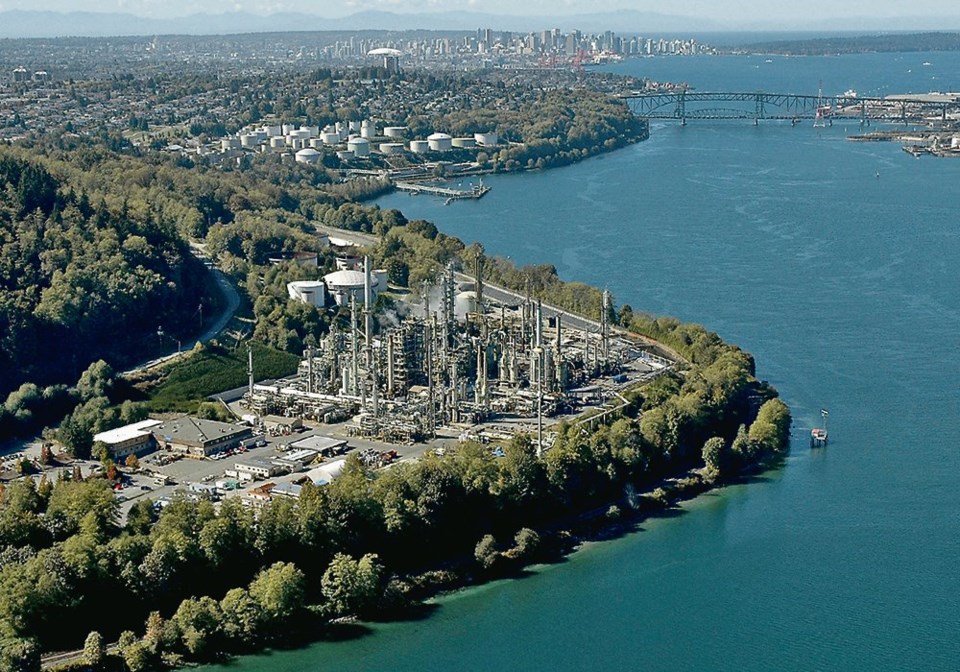Calgary-based Parkland Corp. has received a commitment from the British Columbia government to cover more than 40 percent of the cost of its proposed $600 million renewable fuels investment at its Burnaby, B.C. refinery.
The money is coming from the province’s Low-Carbon Fuel Standard compliance credits.
Ryan Krogmeier, senior vice-president of supply, trading and refining at Parkland, said there is no federal money in the venture at this point.
The first phase of the project is an expansion of its existing co-processing facility, where bio-feedstocks are mixed with conventional hydrocarbons to create low carbon gasoline and diesel.
The plan is to increase plant capacity to 5,500 barrels per day by 2026 from today’s volumes of 2,500 barrels per day. That is an annual capacity of 320 million litres per year of low carbon gasoline and diesel fuel.
The second piece of the project is to build a new renewable diesel facility on the same property capable of producing 6,300 barrels per day. That is an annual capacity of 400 million litres of renewable diesel.
Parkland’s co-processing plant uses from five to 20 percent bio-feedstock, while the renewable diesel facility will be 100 percent bio-feedstock.
The bio-feedstocks used in the production processes will be canola oil, tallow and used cooking oil.
“Canola oil will play a significant role for us,” said Krogmeier.
He anticipates it will comprise 60 percent or more of the company’s annual bio-feedstock requirements. That will amount to 7,000 to 8,500 barrels per day of canola oil.
“We are in discussions with several of the crushers in the Prairies,” he said.
“The good news is, for us we don’t need to consume food grade canola oil.”
Parkland intends to make its final investment decision on the projects in the second half of 2023 after it has the final engineering designs and blueprints for construction.
Most of the $600 million in capital will be deployed in 2024 and 2025.
“The plan is to have these plants up and running by the end of 2026,” said Krogmeier.
Parkland’s retail brands include more than 200 Fas Gas stations, 580 Esso stations in Canada, Chevron stations in Alberta and B.C. and Bluewave, which sells diesel fuel and propane to farmers in the Prairies. It also operates more than 630 retail fuel stations in Eastern Canada under the Ultramar Brand.
Krogmeier said most of the fuel produced by the proposed new projects will be sold in B.C.
Once complete, the project will remove two megatonnes of greenhouse gas emissions out of the atmosphere annually, the equivalent of taking 25 percent of B.C.’s passenger vehicles off the roads.
Parkland’s two plants will meet more than 30 percent of B.C.’s provincial greenhouse gas reduction targets, according to the company.



